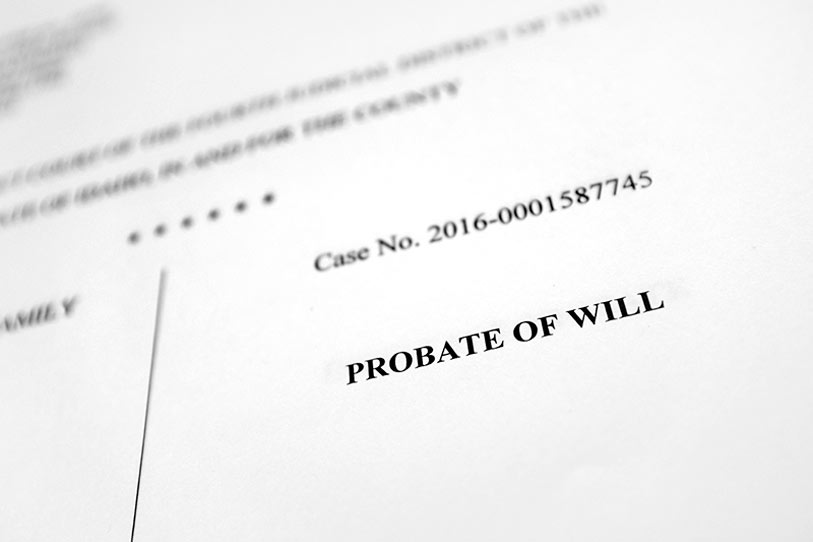Estate Planning & Administration
Estate planning is essential for preventing legal disputes and managing assets, with our firm offering comprehensive services in probate, trust, and estate administration. We work with clients on tasks ranging from notifying heirs to handling tax obligations, and we specialize in both informal procedures and estate litigation. For expert guidance and representation, contact Attorney John D. Dobroski.




